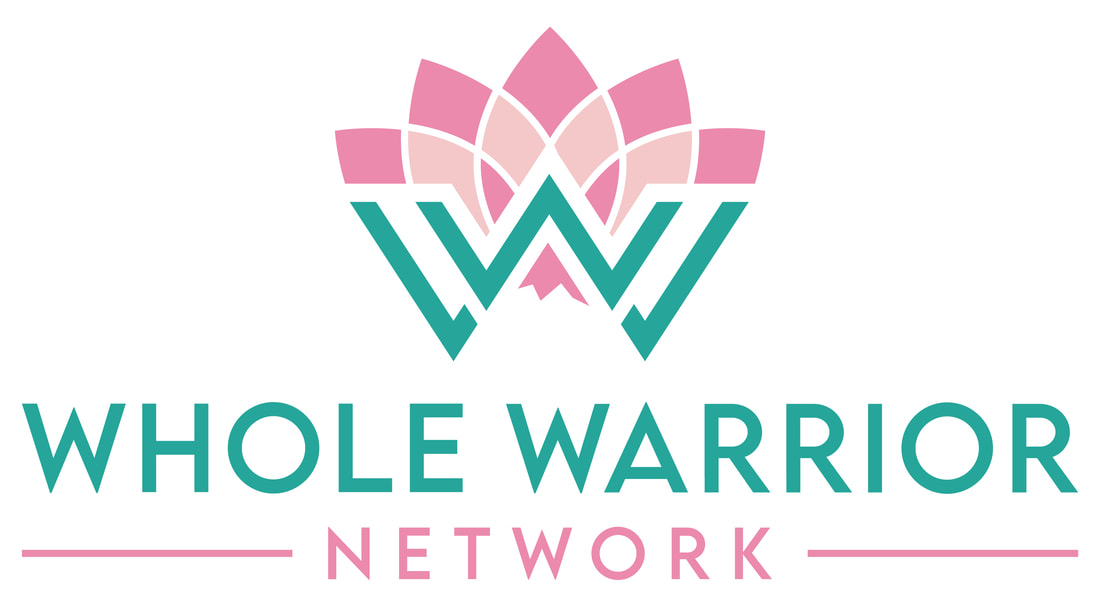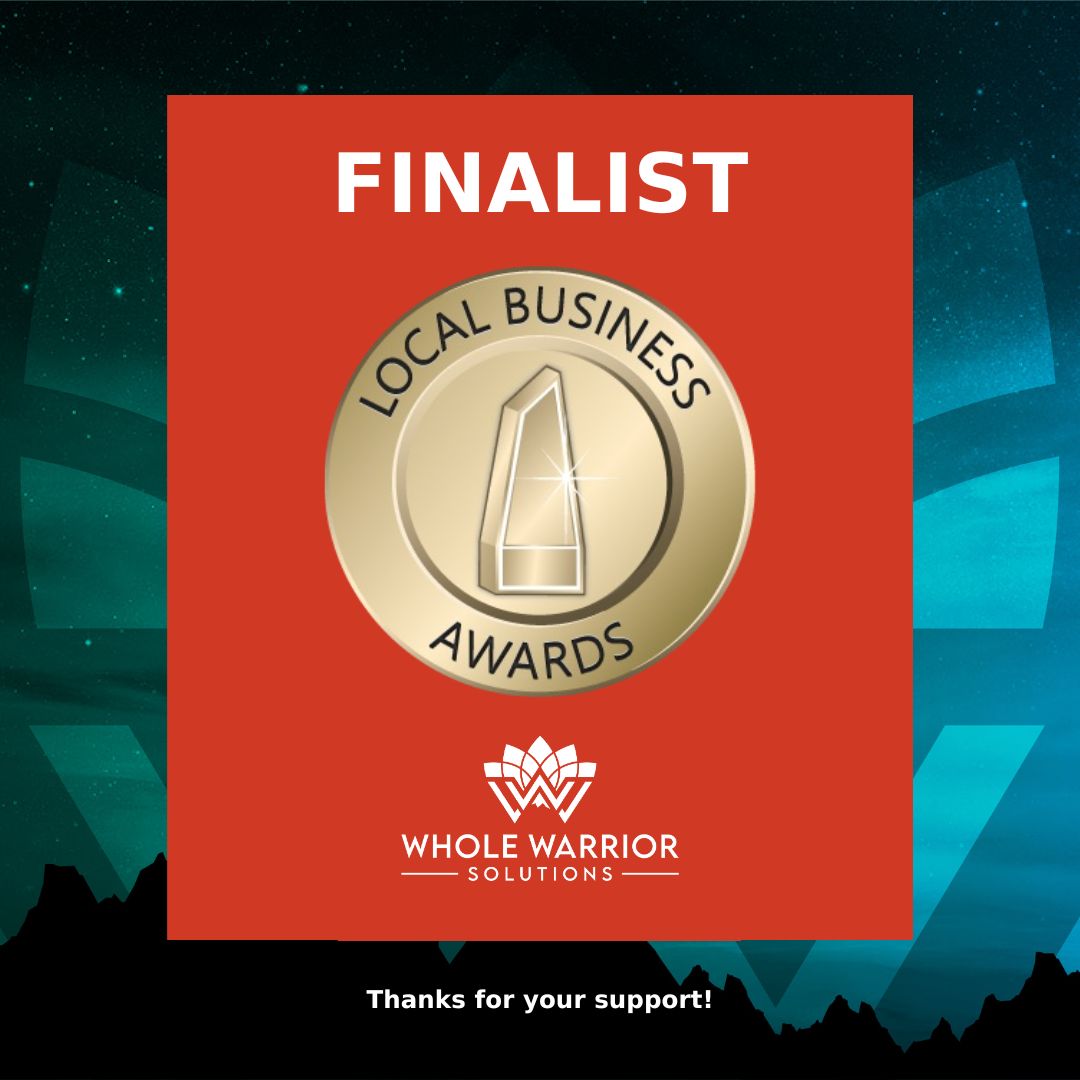|
As an NDIS provider, it's important to prioritise self-care and wellness to effectively help those living with disabilities. Burnout is a common issue in the fields of disability work, social work, community work and nursing. Recognising the signs of burnout is crucial in preventing it, particularly as a busy entrepreneur. Symptoms such as exhaustion, cynicism, and reduced effectiveness can impact both your personal life and your ability to provide quality care to your clients.
To proactively invest in your wellbeing, it's important to make time for self-care activities such as exercise, meditation, and peer supervision. Additionally, attending events such as the Whole Warrior Network Retreat can provide valuable resources and support for NDIS providers. The retreat, taking place from August 24th-27th in the Sunshine Coast Queensland, offers professional development opportunities and a chance to connect with like-minded individuals in the disability field.
0 Comments
Self-care is an essential aspect of overall wellness, especially for those who participate in the National Disability Insurance Scheme (NDIS). It includes various activities and routines that aim to reduce physical and mental tension. According to the World Health Organisation, self-care is crucial enough to dedicate a whole month to it, culminating in International Self-Care Day on July 24th. Prioritising self-care means taking an active role in your own health, and the benefits extend beyond stress relief and mood improvement to disease prevention and longevity.
It is essential to note that some of the most effective ways to embody self-care are intentional and proactive. Here are four inspirations for unwinding this month and participating in a worldwide movement of health-conscious enjoyment. 1. Spend time outdoors Reconnecting with nature is a profound experience that touches on so many different aspects of overall wellness. Spending time outdoors comes with positive results such as improved heart health, soothed muscle tension, and reduction in levels of cortisol (often called the “stress hormone”). Outdoor time could mean anything from exploring a new walk in a lakeside park or getting a vigorous workout with Kayak-Cardio. 2. Pick up a mindful hobby Engaging in any activity that pulls your focus from the internal toward something external can be a healthy pursuit of mindfulness. For example, joining a group who do free tai chi in the park or practicing yoga and meditation weekly. The combination of science and spirituality is a fascinating subject that has been explored by many. When it comes to the sun hitting the water, there are a number of profound benefits that can be experienced. Some possible continuations to consider include:
|
AuthorTania Gorry is the founder of Whole Warrior Solutions based on the Central Coast of NSW. Blog Categories
All
Blog Archives
December 2023
|
|
|
|
CONTACT US
Nexus, 3 Amy Close, Wyong NSW 2259, Central Coast, Australia PO Box 200, Wyong NSW 2259 Telephone: 1800 431 506 |
At Whole Warrior Solutions we provide Counselling, Coaching, Consulting and Community Services Australia wide. Established 2018
Empowering futures! Founder of Whole Warrior Network @wholewarriornetwork #ndisnetwork Established 2019 |
(C) Copyright 2018-2023 Whole Warrior Solutions | All rights reserved | ABN 59 941 852 312 | Privacy | Disclaimer



 RSS Feed
RSS Feed





